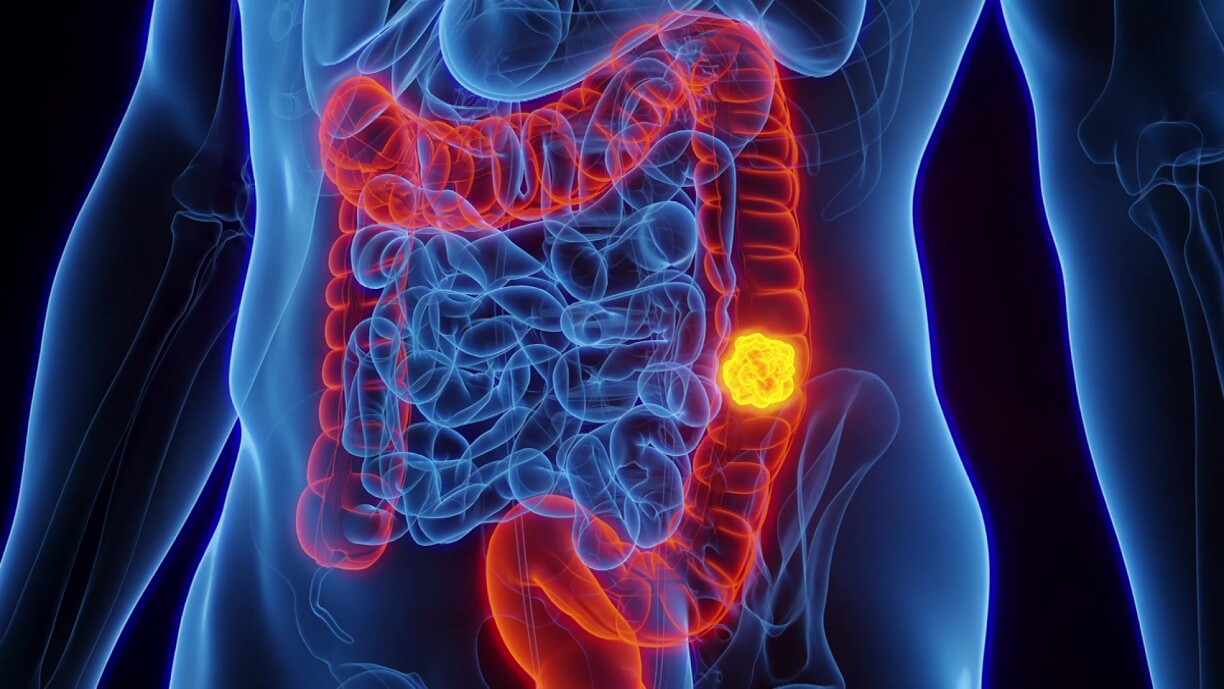
Bowel cancer is one of the three most common cancers, and also one of the deadliest, affecting more and more younger people each year. However, early detection can increase the chances of survival and recovery.
Recently, the Ministry of Health launched a new screening programme to included people aged 45 and up, lowering the screening from 55.
In Europe and the United States, an increasing number of patients aged 20 to 50 are being diagnosed with bowel cancer. Dr Carole Bauer, oncologist and president of the Fondation Cancer agrees that the number of younger patients has increased.
“It is suspected that this increase is down to different eating habits and lifestyle changes. We eat more red meat than before, and fewer fibres. We also move less.”.
Bowel cancer symptoms, which include constipation, blood in stools and fatigue, can be relatively vague and are frequently only picked up in later stages of the disease. As a result, Dr Bauer encourages people to make use of their screening invitations.
“We know that bowel cancer can be cured if it is detected in the early stages. However, this may not be the case if it is more advanced, or if the disease has spread.”
The new target group of people aged 45-74 will receive invitations in the post, which will enable them to order a stool test online, at a pharmacy or a Bionext laboratory. They can use the test kit at home and send off samples to a laboratory where they will be checked for the presence of blood. This can indicate cancer, or early stages of cancer.
Blood is typically detected in around 9% of samples, but this does not necessarily mean the patient has bowel cancer, says laboratory medical director Dr Thibault Ferrandon.
“There are multiple pathologies which can cause blood in the stool, so this is really just a first stage which will then result in a colonoscopy.”
The laboratory hopes the new, simplified test kit and information campaign will increase screening participation to 80%. However, preventing bowel cancer also means cutting out alcohol and cigarettes, reducing the consumption of red meat, and increasing fibre consumption and exercise.
The Bionext laboratory took over screening for bowel cancer on 1 September, whereas previously it was carried out by Laboratoires Réunis. Any old invitations from the last 12 months are still valid; however, people with these invites should collect a test kit from Bionext as the kit contents have changed. Anyone who submitted a sample to the previous laboratory since early September should receive a new test kit, according to the Ministry of Health.